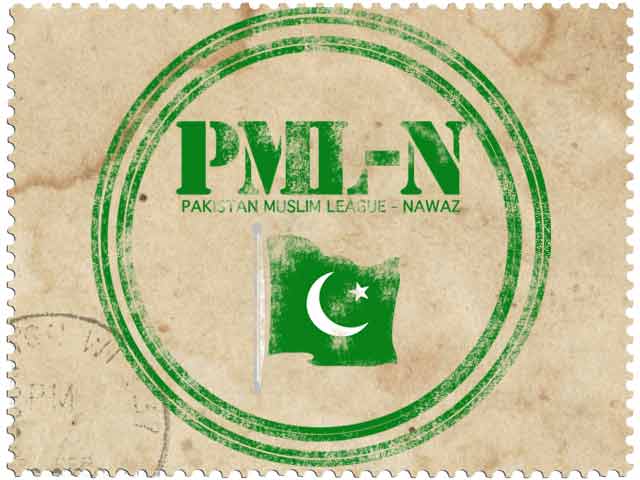ISLAMABAD:
The federal government informed the Constitutional Chamber (CB) of the Supreme Court this Friday that only 105 of the more than 5,000 people accused of resorting to acts of violence on May 9, 2023 were prosecuted in military courts as there was documentary evidence. solid against him. people.
As the seven-member CB resumed hearing of appeals filed against the SC’s October 2023 order on trial of civilians in military courts, Additional Solicitor General Amir Rehman responded to a question raised by a member of the court a day earlier regarding the selection of defendants for trial in military courts.
“There were approximately 5,000 suspects involved in the events of May 9. Of them, 105 suspects were produced in military courts, with strong evidence of their presence at the scene of the incidents,” Rehman told the court led by Justice Aminuddin Khan.
During the hearing, Justice Mussarat Hilali referred to the October 1999 air conspiracy case.
On October 12, 1999, then Prime Minister Nawaz Sharif attempted to remove then army chief General Pervez Musharraf, who was returning to Pakistan from an official visit to Sri Lanka.
Nawaz Sharif allegedly ordered closure of Pakistani airspace to prevent Musharraf’s flight from landing in Karachi. The plane, carrying Musharraf and more than 200 passengers, reportedly had limited fuel, creating a potentially deadly situation.
In response, senior military officers loyal to Musharraf launched a coup and took control of the government and airports. The plane finally landed safely in Karachi.
Alluding to the incident, Justice Hilali noted that despite the alleged attempt to prevent a passenger plane carrying the army chief from landing in Pakistan, an act that allegedly resulted in the military coup, Nawaz Sharif was not tried in a military court.
Responding to the remark, Defense Ministry lawyer Khawaja Haris stated that Pakistan Army Act 1952 does not deal with kidnapping and that was the reason why the accused was not tried in a military court.
Haris argued that the Pakistan Army Act 1952 applies only to people who violate the Official Secrets Act 1923 and not to all terrorists.
Justice Hilali asked whether military courts were conducting trials based on FIRs registered at police stations. He questioned how military courts could proceed with cases registered under the Pakistan Penal Code (PPC), 1860 and the Anti-Terrorism Act (ATA), 1997.
“The copies of the three FIRs provided to the court do not include provisions of the Official Secrets Act,” he added.
Haris told the court that additional provisions could be included after investigation. Justice Muhammad Ali Mazhar noted that there is a separate procedure for adding additional provisions and asked whether the investigation was based solely on police findings.
Khawaja Haris stated that once a suspect is in military custody, there is a different investigation system within the military.
Judge Hilali also sought clarification on who drafts the judgment in military courts.
“As far as I know, the case is known to one of the parties, but the decision on punishment or reward is made by the commander, who has not even heard the case. How can someone who has not heard the case decide on the punishment or reward? she asked.
Haris responded that the Judge Advocate General (JAG) branch of the military provides assistance in drafting the decision. Judge Hilali then asked the lawyer who acts as a judge in the military courts of other countries, including the United States.
Justice Muhammad Ali Mazhar noted that officers preside over courts-martial around the world.
Khawaja Haris stated that the presiding officers of military courts have experience in conducting trials. However, Justice Mazhar intervened and told the lawyer that Justice Hilali asks whether those officers also possess legal qualifications. Later, the CB adjourned the hearing until Monday.




